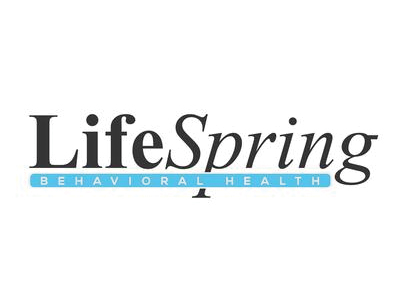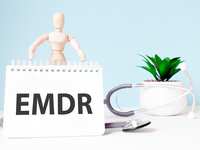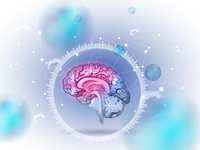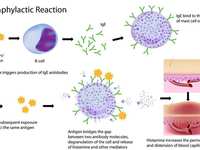Help, I think my teen may be depressed!

There has been an increase in teen depression since the Covid Pandemic in 2020. However, as most parents know, sometimes depression can be hard to recognize from normal teen behavior and development.
Here are some possible indicators of depression in your teen:
Loss of interest in things they used to enjoy such as sports or other extracurricular activities.
Eating or sleeping habits changing drastically-not eating enough or eating more than usual, not sleeping enough or more sleep than usual. Very little motivation or energy to do anything or feeling tired most of the time.
Grades dropping drastically and difficulty concentrating.
Sad or irritable mood most of the day for several weeks.
Feelings of worthlessness, guilt, or hopelessness.
Suicidal ideation or them making comments about wanting to die or not be here.
How should a parent respond of any of these indicators are present:
Be supportive by being present physically and emotionally. Try to use empathic responses by saying “there are some things I have noticed recently and just want to make sure you are ok or if you are having difficulty with school, relationships, etc.?” Rather than telling them what they should do, ask if they are interested in you helping them identify solutions or if they only want you to listen.
Validate their emotions and experiences. Don’t pass along judgments with statements such as”you shouldn’t feel that way”, or “I don’t know why you can’t just snap out of it.”
Make sure and accentuate the positive things they are doing. Therefore, be aware of any negative things you may be saying to your child that could contribute to them feeling guilt or shame–”why aren’t your grades better, how come you just can’t seem to get it together, why can’t you be more like your brother/sister?”
If your child expresses suicidal ideation-seek professional help immediately by having them assessed by a medical/mental health professional at your local hospital emergency department or mental health clinic. These statements should never be taken lightly. Offer to find them professional help which could include therapy or medication. Make sure to inform them that they are not the problem but you want to help them find solutions for them and the family.
What type of treatments are available:
Medication services
Therapeutic approaches include: Cognitive Behavior Therapy (CBT), Dialectical Behavior Therapy (DBT), Motivational Interviewing, Solution-Focused Therapy, and Interpersonal Therapy.
For parents:
Model self-care by engaging in your own self-care by: eating healthy foods, getting restful sleep, exercising, practicing spirituality, avoiding mind-altering chemicals, and having a solid support system. Ensure you are educated on teen depression and how to help. Some good websites to stay informed are: www.childmind.org, www.nami.org, www.nimh.org,
Chad Anderson, LPC-S
Lifespring Behavioral


















